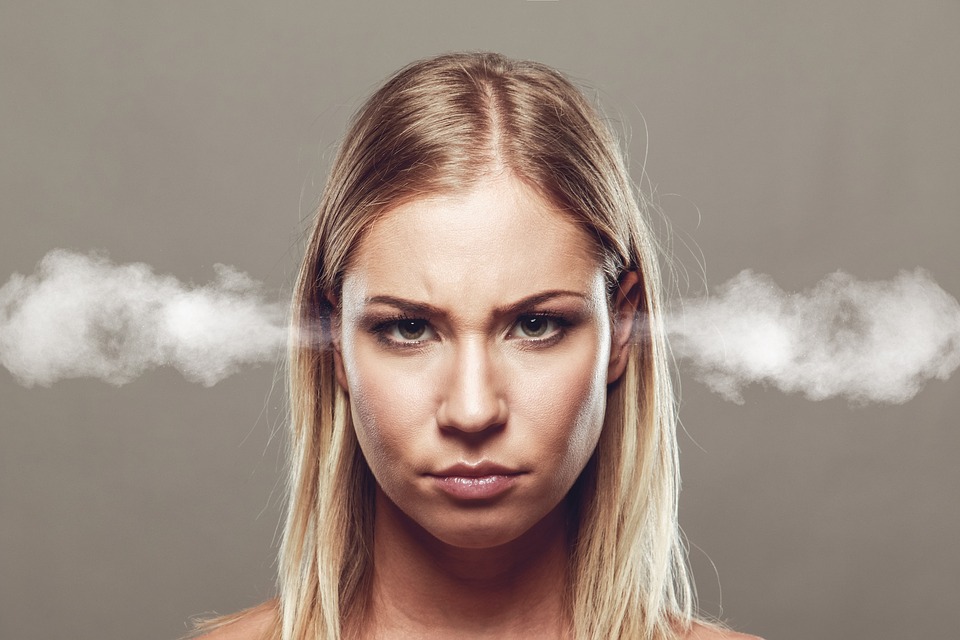15 Unbelievable Poor Sleep Statistics –
Sleep is important in a person’s life. It is connected to your ability to function throughout the day. A night of poor sleep can result in fatigue, bad mood, and lack of focus.
What people do not know is that poor sleep, especially on a regular basis, can contribute to long-term health consequences. It can also result in shortened life expectancy. That is why it is important to get a good night’s sleep regularly.
Let’s cite 15 unbelievable statistics about poor sleep that you should know.
How many people are suffering from poor or insufficient sleep affecting their daily activities?
According to the National Sleep Foundation’s inaugural Sleep Health Index, 45% of Americans say that poor, insufficient or interrupted sleep every night is affecting their daily activities at least once in seven days.
How many people are suffering from chronic sleep loss or sleep disorders?
More than 20% of Americans are suffering from chronic sleep loss or untreated sleep disorders.
How many hours of sleep is needed a night?
Adults need at least 7 to 9 hours of sleep a night.
Is poor quality sleep affecting the quality of health?
Yes, poor quality sleep is affecting the quality of health. 67% of people who have less than good sleep quality reported to have poor or only fair health.
Do many people drive while feeling sleepy?
Yes, many people drive while feeling sleepy. The National Sleep Foundation’s Sleep in America Poll showed that 60% of people have driven while they are feeling sleepy, with 37% admitting to having fallen asleep while driving.
Is having an extra hour of sleep important for people?
Yes, having an extra hour of sleep is important for people. 82% of Americans find an extra hour of sleep at night somewhat or extremely valuable while 79% would feel better and more prepared for the day if they have an extra hour of sleep.
How many adults suffer from short sleep duration?
37% of adults aged 20 to 39 report to have short sleep duration while 40% of 40 to 59-year-olds experience short sleep.
Is poor sleep more prevalent in women than in men?
Yes, poor sleep is more prevalent in women than in men. 49% of women have trouble falling asleep for 1 or more nights compared to 40% of men. Meanwhile, 56% of women struggle staying asleep for 1 or more nights against 48% of men.
Is stress or anxiety a risk factor for poor sleep?
Yes, stress is a risk factor for poor sleep. 54% of say that stress or anxiety increased their anxiety about falling asleep at night.
Is snoring a risk factor for having a poor quality sleep?
Yes, snoring is a risk factor for having poor quality sleep. About 90 million Americans have their sleep disrupted by snoring.
Is weight affecting the sleep quality of a person?
Yes, weight is affecting the sleep quality of a person. A US health survey showed that 30% of employees suffer from insufficient sleep. 22% or more of these employees are obese while 36.8% are overweight.
Do children experience poor sleep?
Yes, children also experience poor sleep. More than two out of every three children under the age of 10 have experienced sleep problems.
Do older people experience having a poor night’s sleep?
Yes, older people experience having a poor night’s sleep, too. According to the Sleep in America poll of the National Sleep Foundation, about 44% of elderlies experience symptoms of insomnia a few nights in a week or more.
Do students experience having a poor sleep too?
Yes, 7 out of every 10 college students get less than the recommended amount of sleep each night. 68% of college students say that they experience troubles falling asleep or broken sleep every night because of academic stress and something that is affecting them emotionally.
Can poor sleep affect your decision-making skills?
Yes, declining decision-making skills are side effects of interrupted sleep. 2.4% of those without quality sleep have troubles performing tasks requiring quick decision-making skills compared to the 4.3% of those who were able to get enough sleep.
Are there other poor sleep statistics not mentioned above that you can share? Let us know by writing them in the comment section below.



